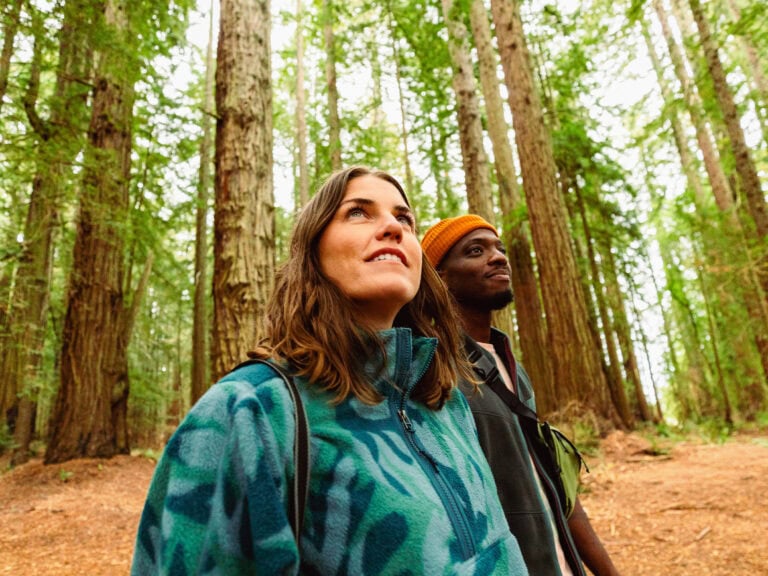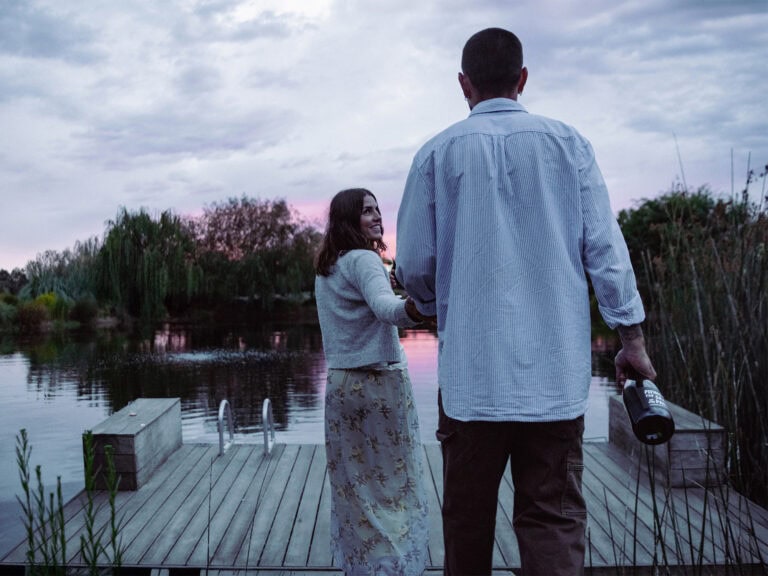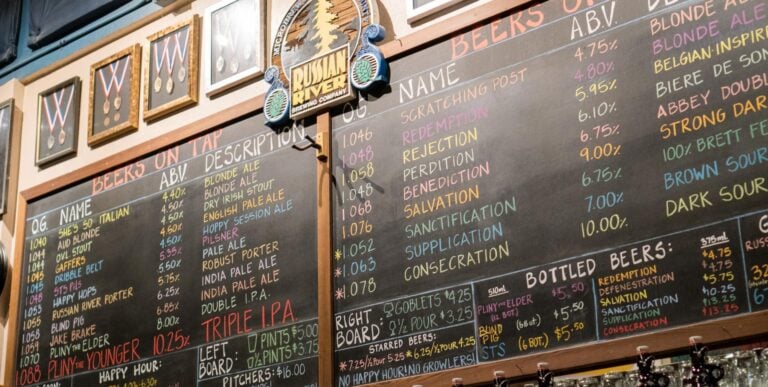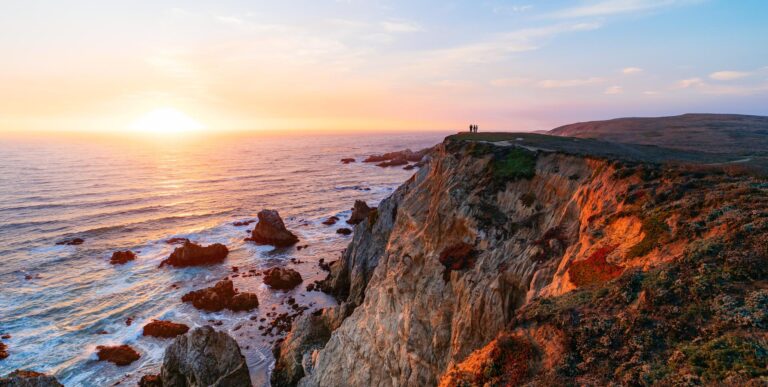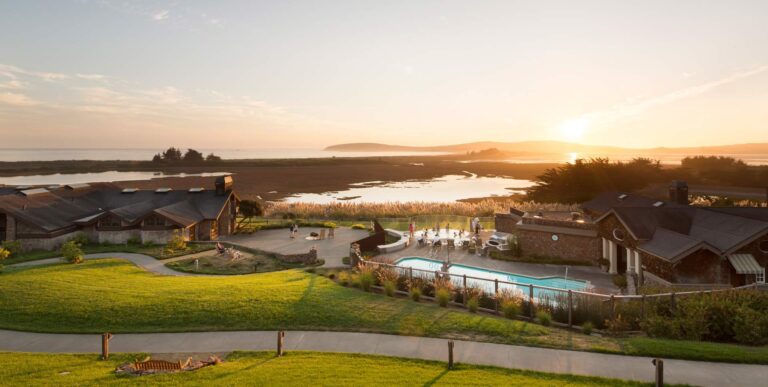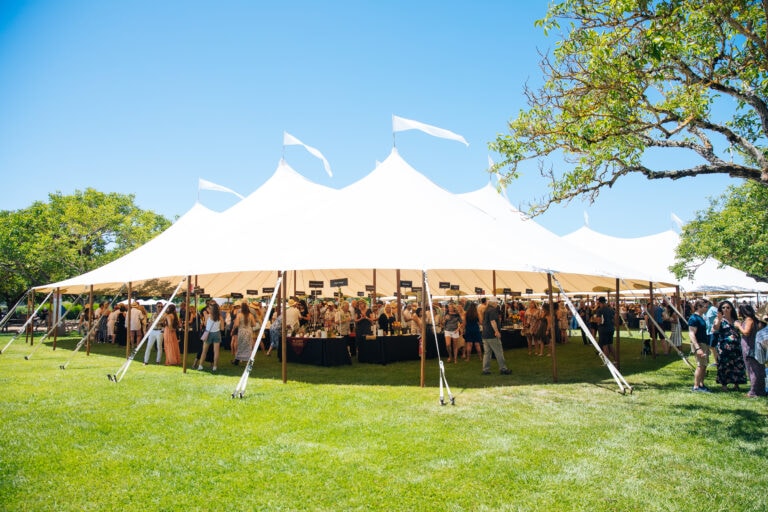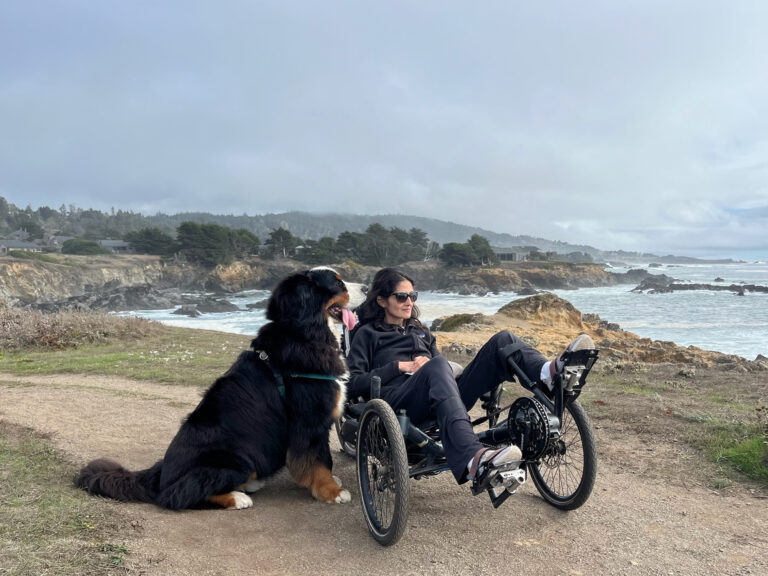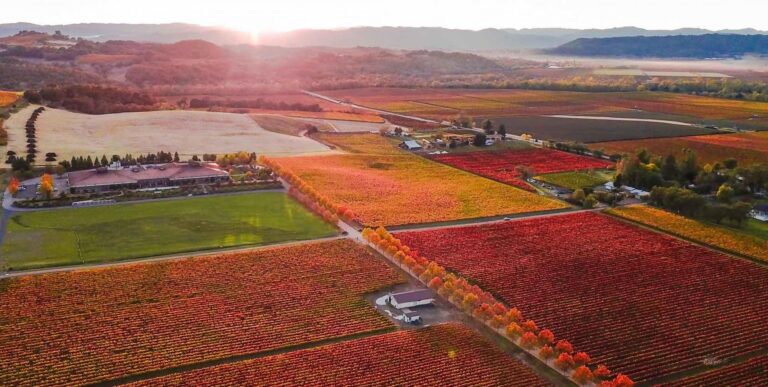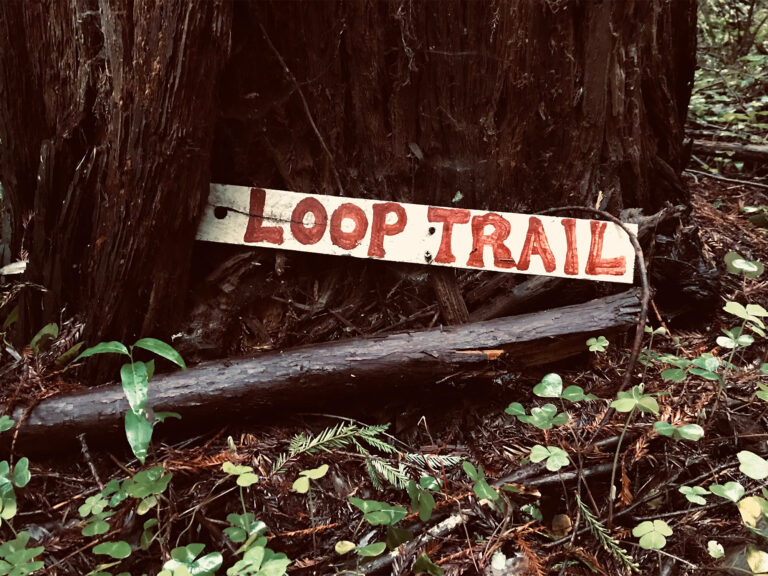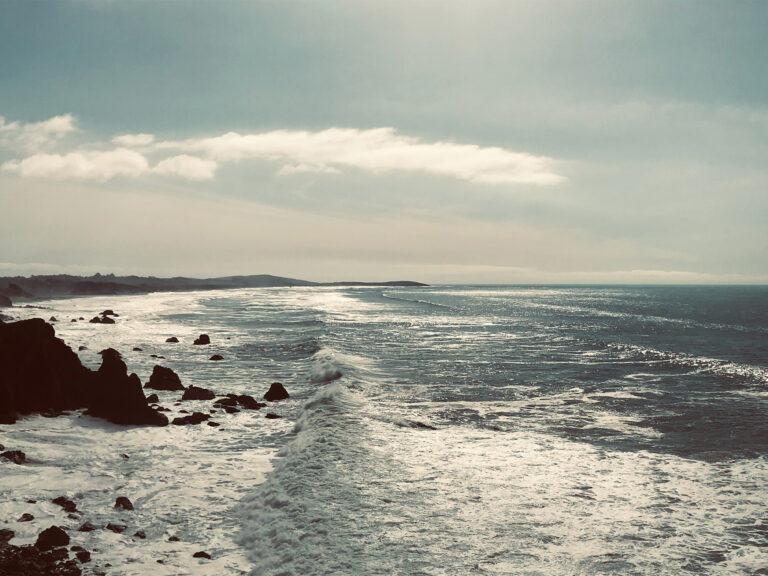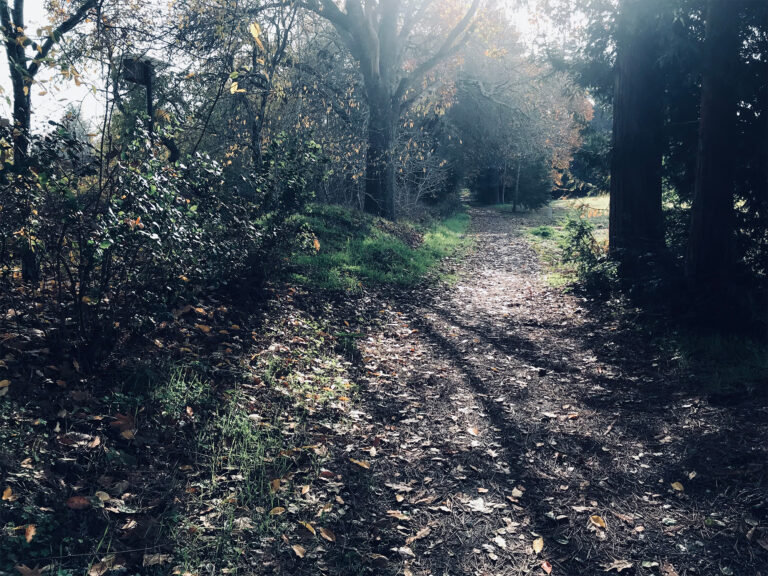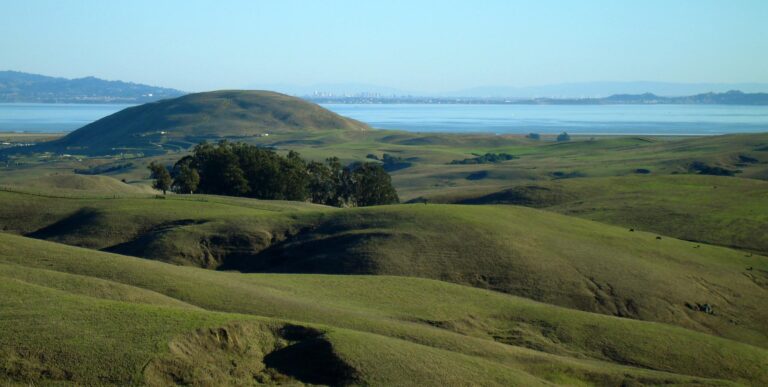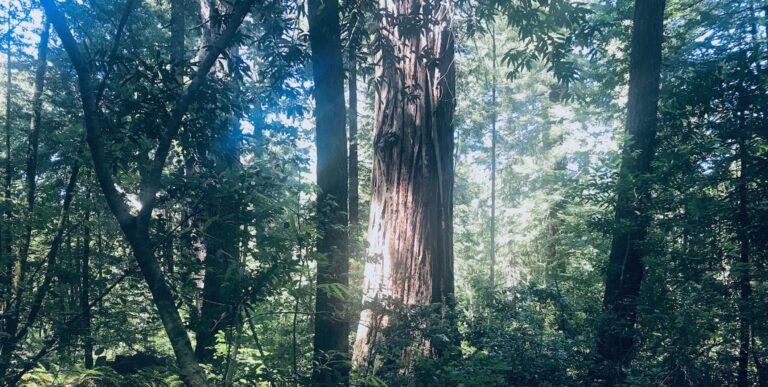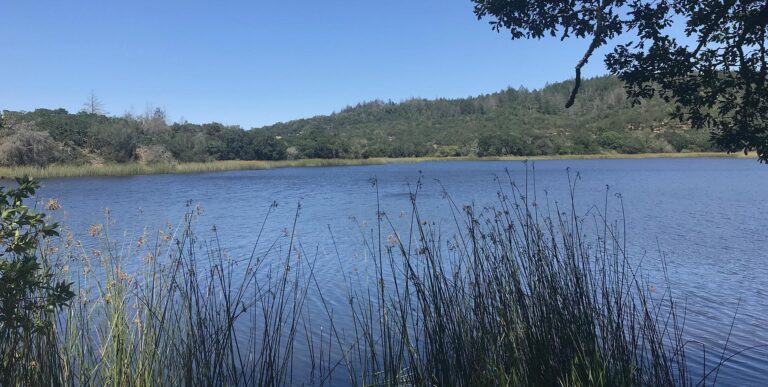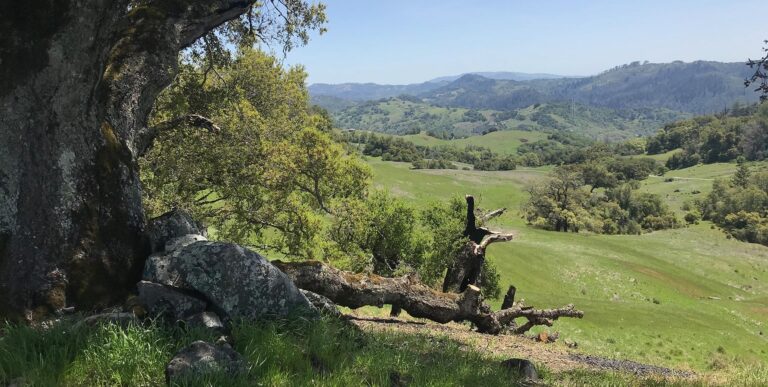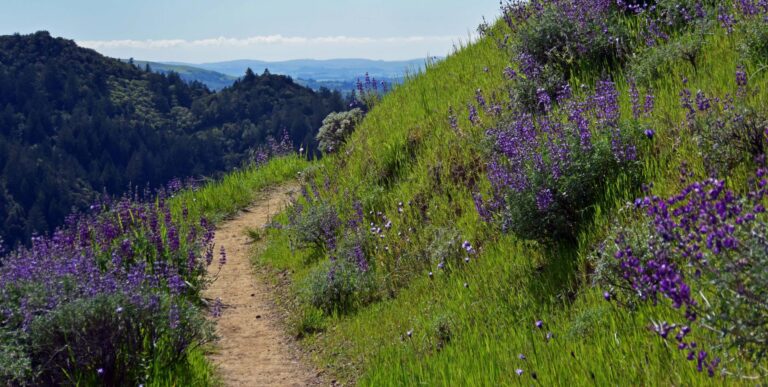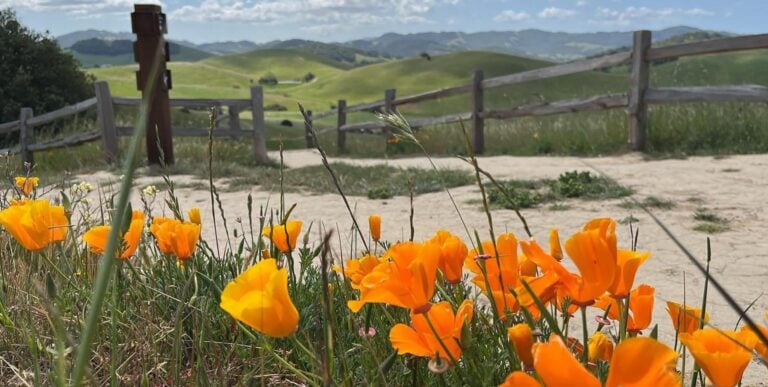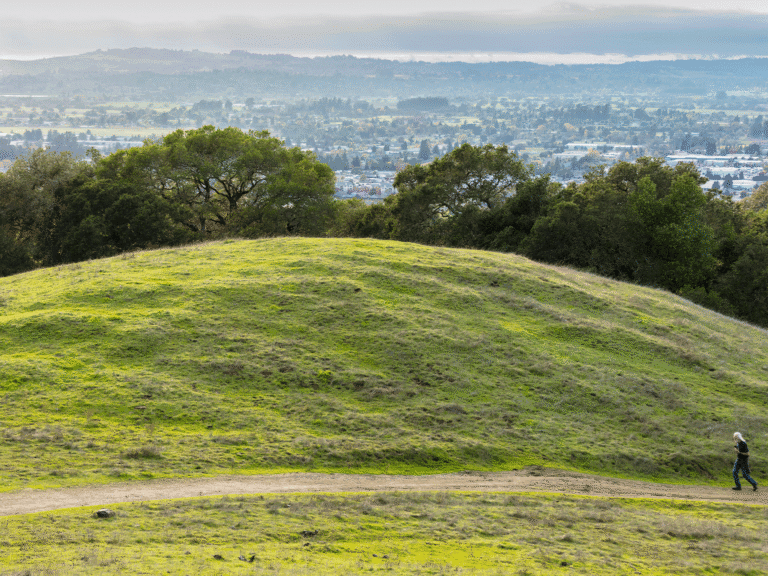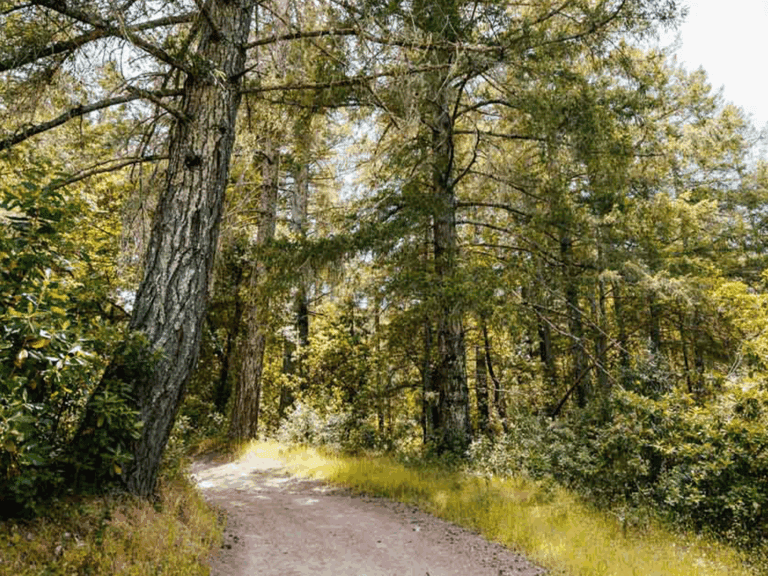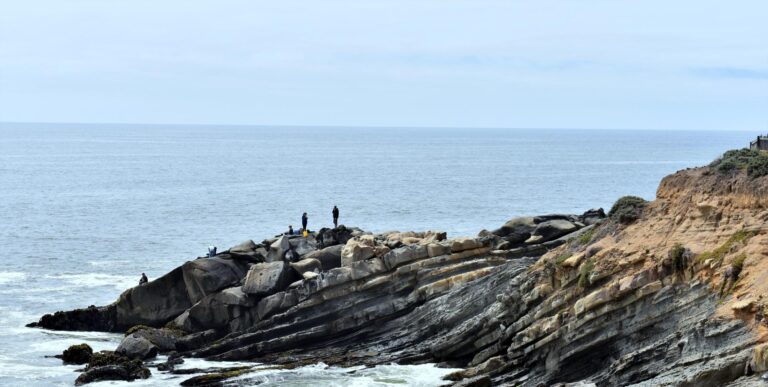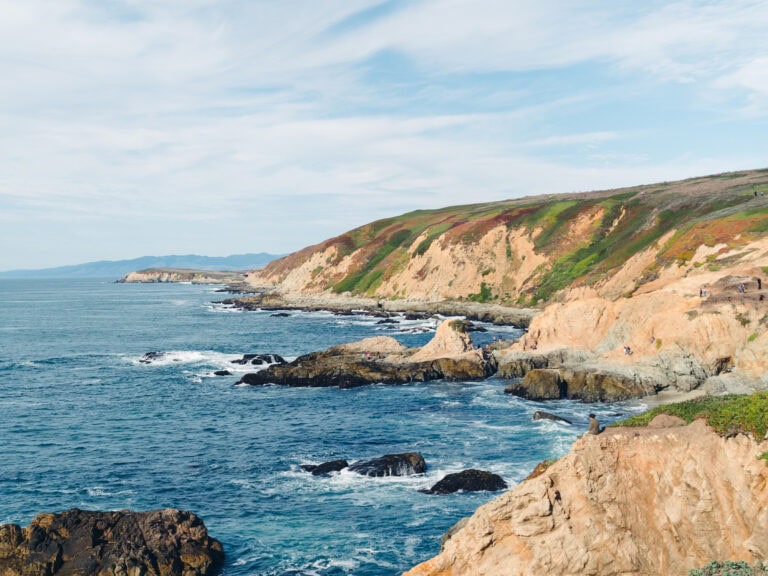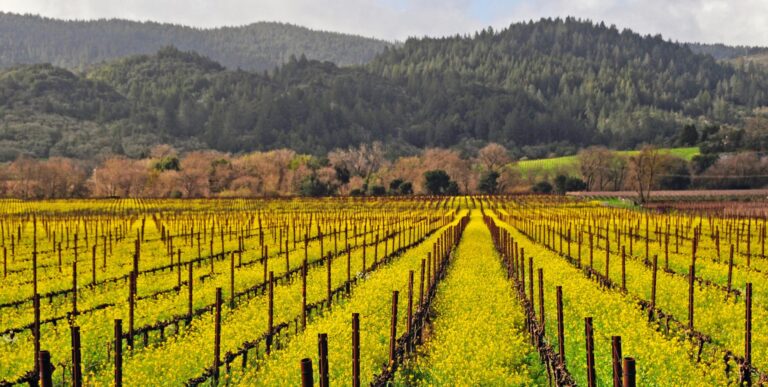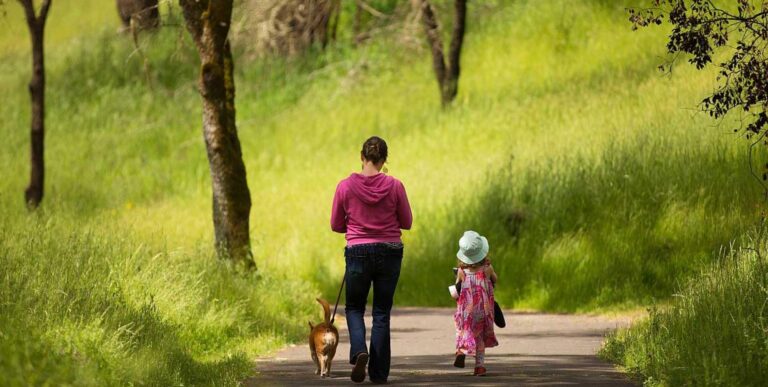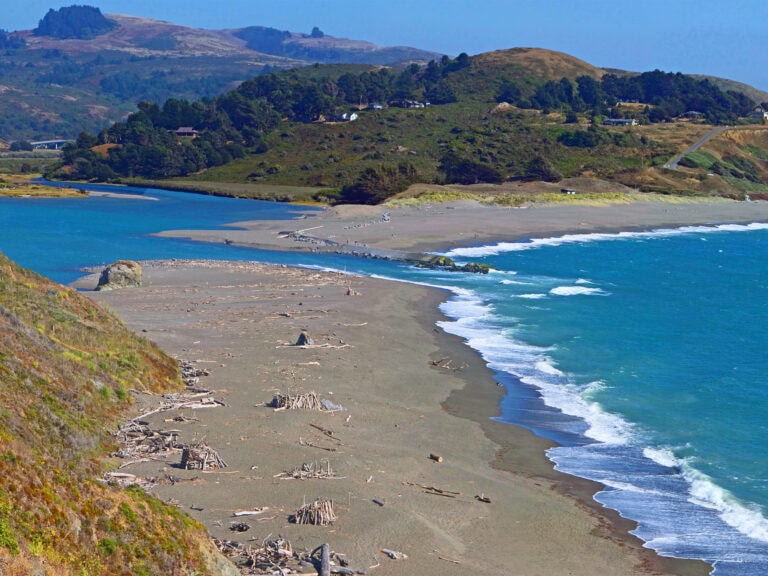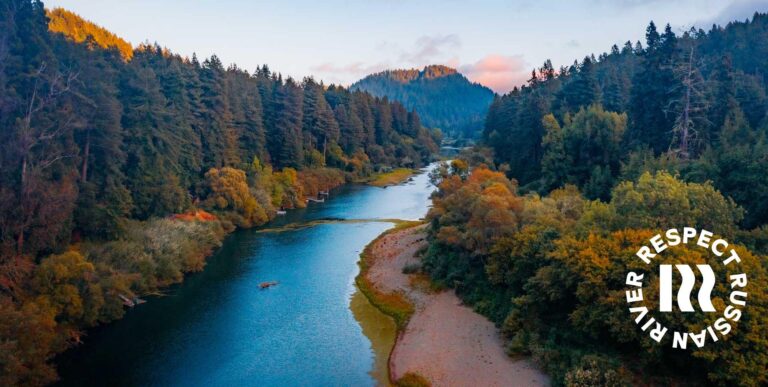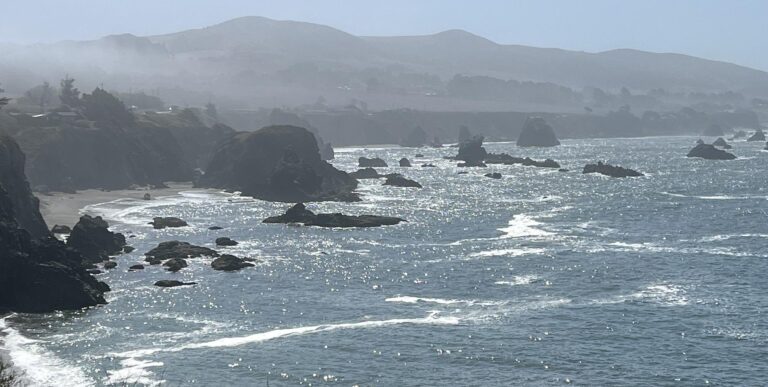Soulful Travel: Jack London State Historic Park
Sonoma County vacations provide an opportunity for longer pauses and meaningful moments of play. For generations, this has been a place where people have paused to reflect on their surroundings and become purposeful stewards of land and community. Once you pause, you can more clearly see, feel and enjoy the effect of your Sonoma County experiences that come as a result of that pause.
Here, we help you have that experience at Jack London State Historic Park.
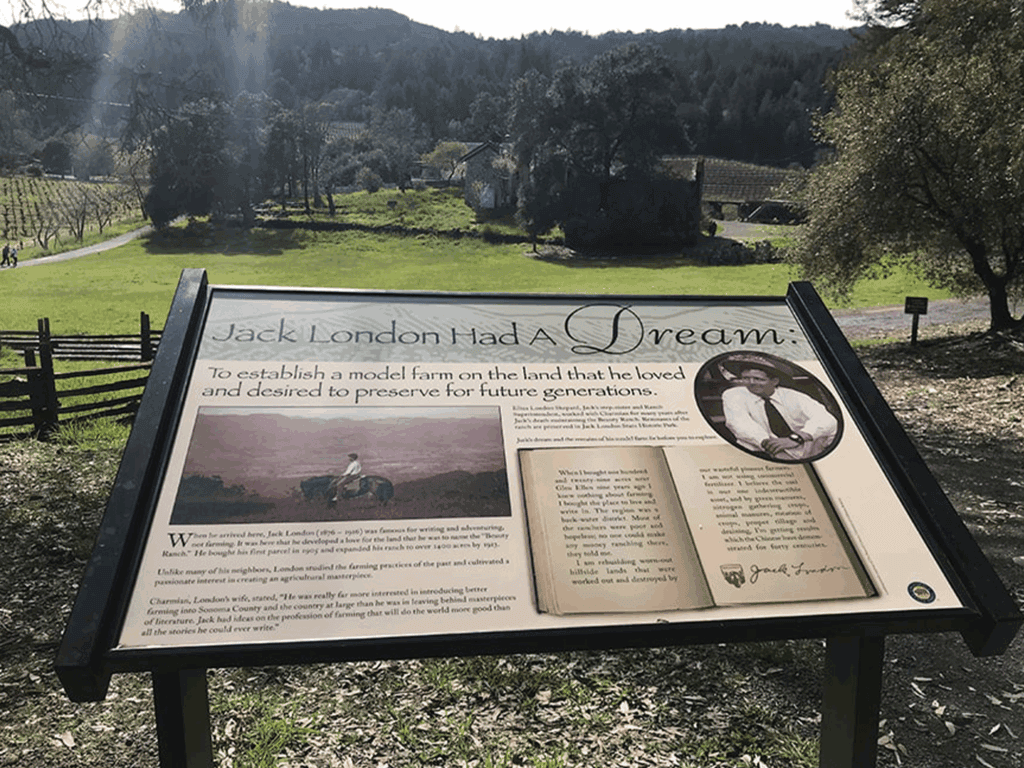
Call of the Wild
Departing the charming turn-of-the-century homestead where author Jack London made his home in Glen Ellen, you first stroll past the barn and its century-old antique tools covered in cobwebs. From there, you pass the vineyards – from which superb full-bodied reds are made under the wolf-emblazoned Jack London label – for a winding trek around the back of the property. Rolling hills, blue skies and golden sunlight set the stage for your afternoon excursion, and as you approach London’s private redwood forest, it seems like a strange voice is calling.
You step across the threshold into the ruddy woods and suddenly it’s like you’re sucked into an adventure novel, with you as the unwitting protagonist.
“Psst,” a voice says from the forest. “Over here. This way.”
You must’ve needed a vacation more than you thought, for either you’re hearing things or something really is calling you into the forest. But the voice repeats its invitation, followed by the sound of four scampering paws. You catch a glimpse of a St. Bernard beckoning you to follow him into the forest, and say to yourself, “Am I in Sonoma or Narnia?”
In truth, you’re on literary land, where imagination roams free and is ready to shake you out of your everyday world. “He had been suddenly jerked from the heart of civilization,” London writes in his most famous book, The Call of the Wild, “and flung into the heart of things primordial.”
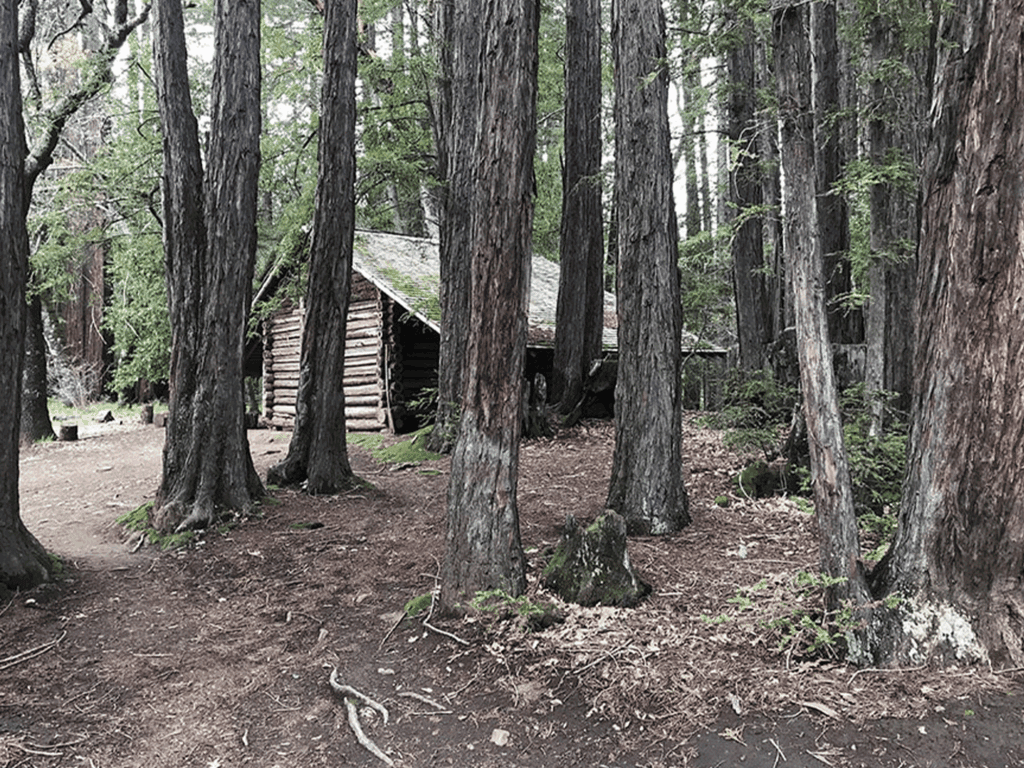
Your hiking companion introduces himself as Buck, and he speaks with surprising eloquence for a dog. He asks why you’ve come to the forest today, and you explain that it’s been a rough couple of years and you’re trying to re-center yourself. Buck doesn’t quite understand and asks you to elaborate. “I’m trying to recapture that sense of wellbeing I used to have,” you say, “which seems to recede into the distance with each passing day, and it’s making me anxious.”
“I have heard of this thing you humans call anxiety,” Buck says as you begin your ascent into the wooded hills. “Here in the wild, we know nothing of it. Danger we know, and from danger we flee. But we do not worry about things that have yet to materialize. Life is hard enough without the added challenge of fighting phantoms of our own device.”
You wonder if the talking dog was making a pun on the word “device,” but just then, you come upon an old log cabin beside a lake. Buck sits down in the sunshine, basking in the majesty of it all and looking supremely at home in his environment. He says that modern humans think the term “wild” means chaos, when in fact chaos is what characterizes civilization, not nature. In nature, everything is ordered and yet constantly adapting. Everything is part of the one cosmos — Greek for the entire created universe — except for man.
“Man is no longer here with us,” Buck says. “He’s checked out, no longer part of the wild. He walks with his head bowed, staring at the little machine that has become his world. Jack would say you’ve abdicated your role as the hero of your life story, and have turned it over to faceless forces that write the story for you. And what a mediocre story it is. In the book he wrote about me, Jack says:
They were not half living, or quarter living. They were simply so many bags of bones in which sparks of life fluttered faintly.
“It appears you’ve built quite a cage for yourself,” Buck says with a sigh. “You’re unhappy but don’t know why, too blind to see the bars right in front of your eyes, and that the cage is unlocked and all you have to do is walk out.”
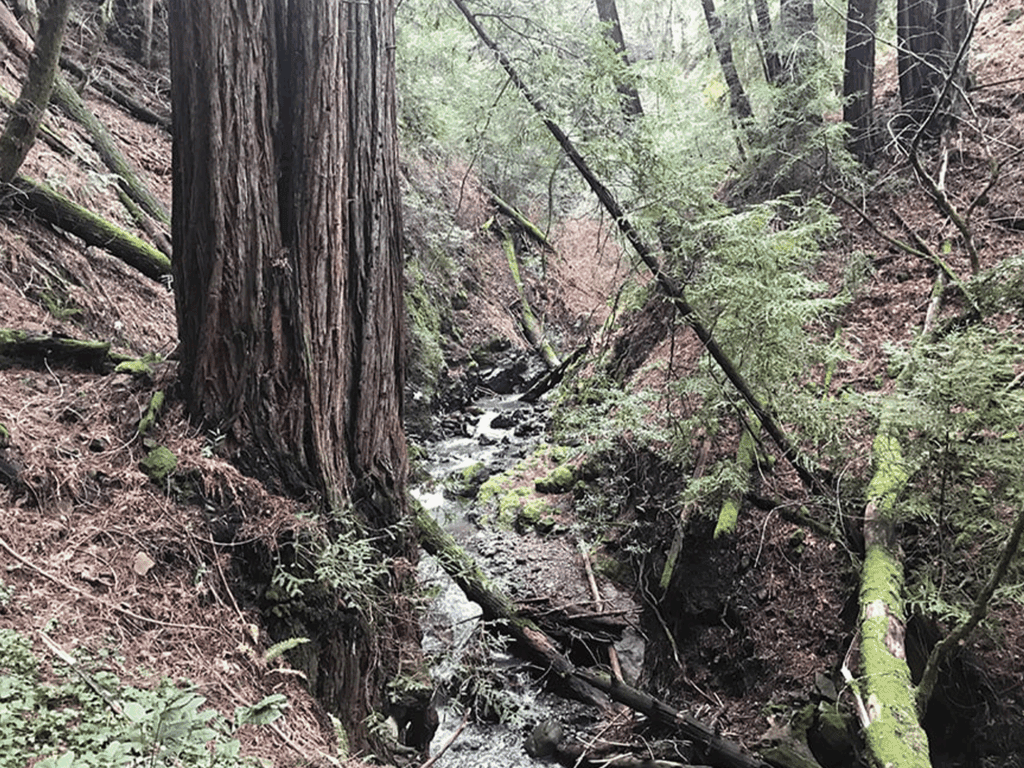
To answer the call of the wild is to reconnect with raw energies and feel them flow through you, Buck explains. It’s the feeling you get from eating natural food you made yourself instead of processed food delivered to your door; the difference between swimming in a heated pool and swimming in a lake; between watching movies that fire your imagination versus ones that snub it out. Wild is the beckoning toward a deep inner unity, the challenge to reconquer through an act of will one’s rightful place at the center of your own story. Jack has written:
I’d rather sing one wild song and burst my heart with it, than live a thousand years watching my digestion and being afraid of the wet.
“Thank you,” you say to the St. Bernard. “You are truly deserving of the name ‘Man’s Best Friend.’”
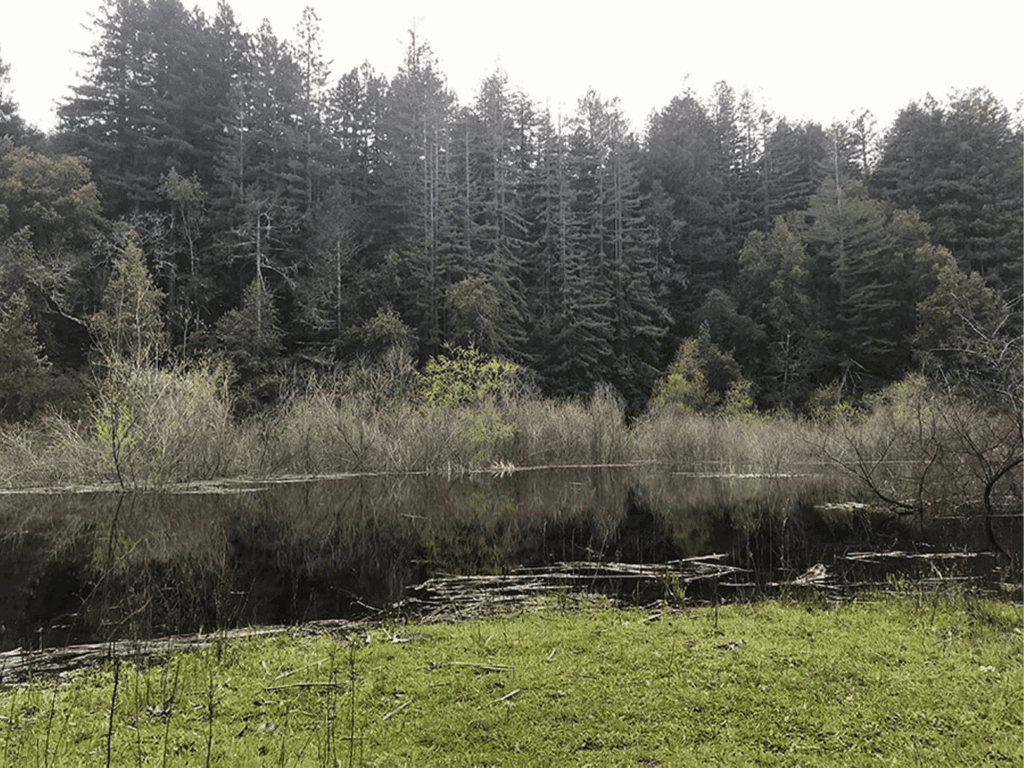
And just like that you snap out of your reveries. The forest is behind you now, and all of a sudden you’re back at the house Jack London built. Gone is the wise sled dog, but you can feel that his words will remain with you. Language has the power to do that, just as literature has the power to create worlds.
Jack London is a prime example that it’s not how long you live that matters, but how fully. London only lived to be 40, dying under somewhat mysterious circumstances. But he had written himself into the history of American literature with his sprawling tale about Buck, who leaves California to become a sled dog in Alaska during the Klondike Gold Rush, and which London wrote from direct experience. He sold the serial rights to the popular magazine The Saturday Evening Post, followed by the book rights. The novel was a huge success, and a generation later, the celebrated HL Mencken would say, “No other popular writer of his time did any better writing than you will find in The Call of the Wild.”
Jack London gave life to Buck the St. Bernard, pulling him out of the depths of his imagination, setting him loose, and in doing so, creating a classic beloved by generations of readers. What wild ideas hide inside of you, longing to be set free?
Other Soulful Adventures
This trip through Jack London State Historic Park is just one of a series on soulful travel. For other experiences, visit our Soulful Travel page.
Remember the Leave No Trace Principles
Experiencing our destination through the Sonoma County Leave No Trace Seven Principles gives travelers an opportunity to make a difference. Together, we can protect and preserve this special corner of the world for generations to come. Find more info about sustainable travel in Sonoma County here.
For a list of local businesses helping promote the important message of Leave No Trace, click here.
Written by Christian Chensvold
THIS IS WINE COUNTRY.
Share your experience using #SonomaCounty or #LifeOpensUp
